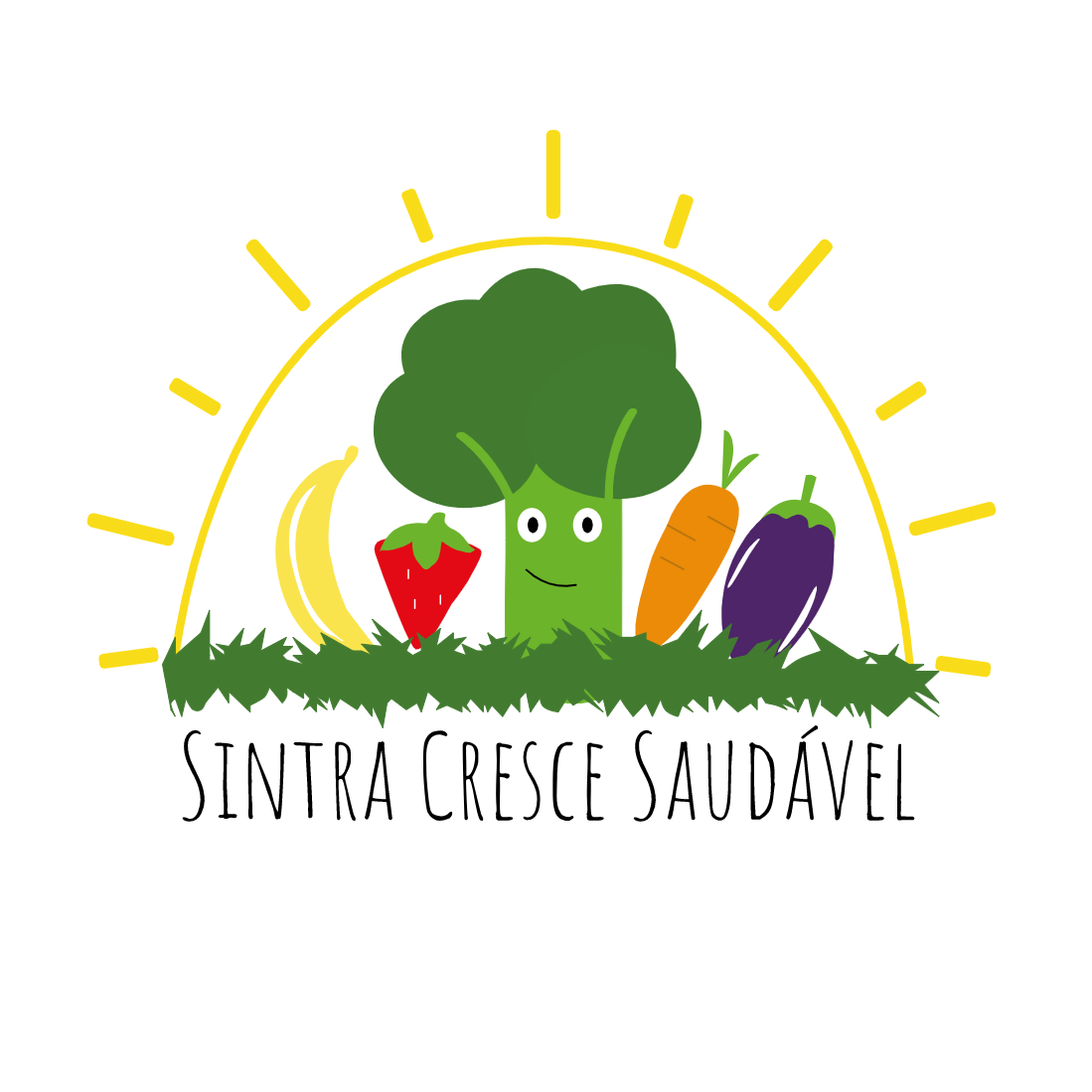Relevance
-
After certified training (75h), teachers promote food education and physical education sessions;
-
Implements the "Health at the table" curriculum, consisting of weekly sessions on food education taught by the class' teacher. The sessions, mostly practical (know-how), are included in the Manual alongside a schedule of activities and session plans.
-
Commits to implement and monitor a School Food Policy, discussed and accepted by the whole school community;
-
Implements a plan to promote the use of bicycles among students;
-
Cooperates with the project monitoring and process and results evaluation regarding lifestyle: nutrition, nutritional status, physical activity, etc;
-
The school canteen provides a daily Mediterranean lunch. Once a week, a dish with no meat or fish is served, targeting sustainability principles. More: salt reduction policy and food waste management (both measured); ongoing training in child nutrition for cooks; family dinners are organized at schools; weekend family cooking workshops help families find healthy, sustainable options at home.
Transferability
Sintra Grows Healthy includes a significant number of institutions as project partners, such as the Sintra Health Centers Group, the Social Communication Faculty, Lisbon Health Technology Faculty, the Faculty of Medicine and the Human Motricity Faculty of the University of Lisbon. The project also relies on institutional and counselling support from the following organizations: General Directorate for Education (Ministry of Education), General Directorate for Health (National Program for the Promotion of Healthy Eating and National Program for the Promotion of Physical Activity), Professional Order of Nutritionists, Professional Order of Psychologists, Food and Agriculture Organization of the United Nations - FAO, National School of Public Health - University of Lisbon and F3 College - Food, farming and forestry.
The Sintra Grows Healthy can be applied to other Member States or at EU level as long as the stakeholders are identified, the partnerships are established between municipality, school community, scientific community and other local/regional institutions, the institutional support at national level was achieved and the intervention model established is implemented.Sustainability
Sintra Grows Healthy allows compliance with national and European guidelines for action on these subjects, such as the National Programs for the Promotion of Healthy Eating and Physical Activity, Schools for Health in Europe, the European Food and Nutrition Action Plan 2015-2020 or The 2030 Agenda for Sustainable Development.
The partnerships established between local authorities (municipality), the school community, the scientific community and the local and / or regional reference institutions, along with the institutional support established with the national entities - of a regulatory, normative and informative nature - decision makers in the scope of prevention of childhood obesity, allow the development of the project and promote its sustainability.
The Sintra Grows Healthy has the particularity of reaching the school's own identity - for example, the development of a school food policy by the school community, translates into a firm commitment that culminates in the integration of these rules in the Internal Regulation of a particular School Grouping.
The emphasis on teacher training contributes to ensuring the continuity of the dynamics established in the scope of the project, extending to subsequent generations.
Innovation and creativity
- It’s a community-based participatory research methodology and intervention. Multidimensional: classroom, school canteen, playground, home;
- Involves all community actors: students, school staff, families. Prioritizes three focus areas: “Health at the table”, food environment, physical activity;
- Implements and monitors a School Food Policy, discussed and approved by the school community, following assemblies;
- Enables teachers to promote weekly food education and physical education sessions;
- It’s based on European/national guidelines and meets the criteria of intensity and durability, according to the scientific evidence;
- Combines educational strategies with supportive environmental change to facilitate the adoption of food (or other) choices related to lifestyles;
- Boosts change behavior with short and long-term health benefits, in the school-family-local power triad;
- Develops social and emotional skills such as self-regulation, problem solving, communication and critical thinking;
- Empowers school communities with health promotion skills (healthy eating and physical activity);
- Ensures a proper intervention methodology by regular monitoring and evaluation based on scientific evidence and supported by the Academy (Lab. Nutrition of the Faculty of Medicine of Lisbon).

